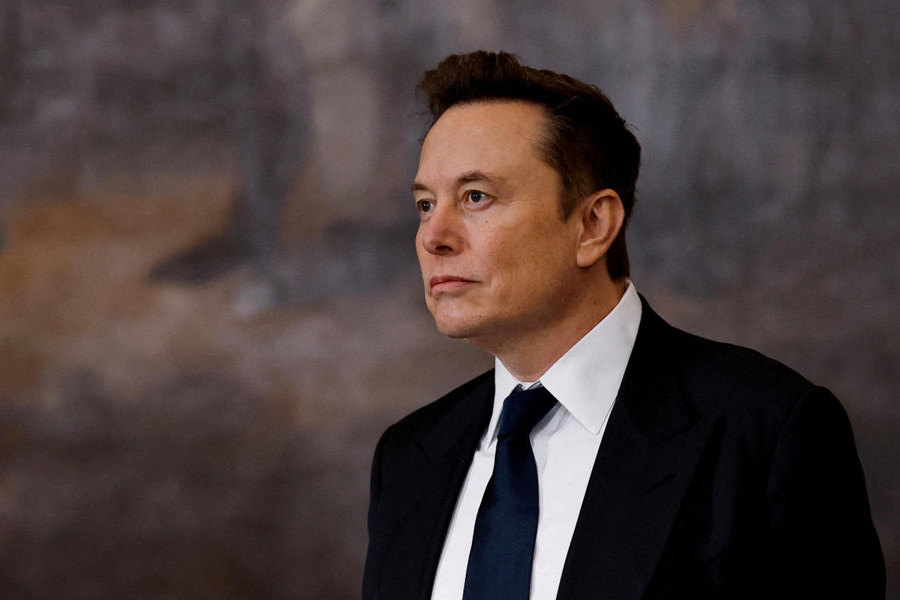Elon Musk has stirred a controversy over the electoral processes in India with the claim that a US government-funded project under the Biden administration had shovelled $21 million (around ₹182 crore) to boost voter turnout in India.
In a post on X, Musk said the department of government efficiency (DOGE), tasked with improving governance and curbing wasteful expenditures, had cancelled several projects that received US taxpayer dollars to further some objective or the other.
The list included $486 million in grants to the “Consortium for Elections and Political Process Strengthening”, including $21 million for “voter turnout in India” and $22 million for “inclusive and participatory political process” in Moldova.
Musk did not amplify when these payments were made and whether all of it was used during the general election in May 2024.
In her interim budget for 2024-25, finance minister Nirmala Sitharaman had allocated ₹1,000 crore for the conduct of Lok Sabha elections. This was on top of the ₹1,538.86 crore allocated for the general election in the revised estimates for 2023-24.
Reacting to Musk’s post, senior BJP leader Amit Malviya termed the grant “external interference” in India’s elections. He questioned who the beneficiary was, asserting that it was “not the ruling party for sure”.
“USD 21M for voter turnout? This definitely is external interference in India’s electoral process. Who gains from this? Not the ruling party for sure!” the BJP’s IT department head said on X.
He claimed that the now cancelled programme was a pointer to the previous Congress-led UPA government allegedly enabling infiltration of Indian institutions by forces opposed to the country’s interests.
This comes a day after Prime Minister Narendra Modi’s official visit to the US, during which he held talks with President Donald Trump and Musk.
Responding to the controversy over the DOGE post, former chief election commissioner S.Y. Quraishi wrote on X: “The report in a section of Media about an MoU by ECI in 2012, when I was CEC, for funding of certain million dollars by a US agency for raising voter turnout in India does not have an iota of fact.”
“Yes, there was a MoU with IFES in 2012 when I was CEC like we had with many other agencies and Election Management Bodies to facilitate training for desirous countries at ECI’s training and resource centre, IIIDEM, which was very new at that stage. There was no financing or even promise of finance involved in MoU, forget X or Y amount. The MoU in fact made it clear in black and white that there would be no financial and legal obligation of any kind on either side.
“This stipulation was made at two different places to leave no scope for any ambiguity. Any mention of any funds in connection with this MoU is completely false and malicious,” he added.
The MoU is available on the Election Commission’s website along with 31 others it has signed with international organisations for “experience sharing, capacity building, technical cooperation and exchange, visits and study missions”.
Several countries send their poll-management personnel to the India International Institute of Democracy and Election Management (IIIDEM) here for training.
The Consortium for Elections and Political Process Strengthening, which the DOGE has named, is a joint venture of the International Foundation for Electoral Systems (IFES) and the think tanks of the two main parties in the US — Democrats and Republicans.
The CEPPS website has now been disabled. An archived version from last month has a list of 140 countries it has worked in. India is not one of them. The IFES is part of a multilateral forum of poll-management bodies across the world, which includes the EC.










